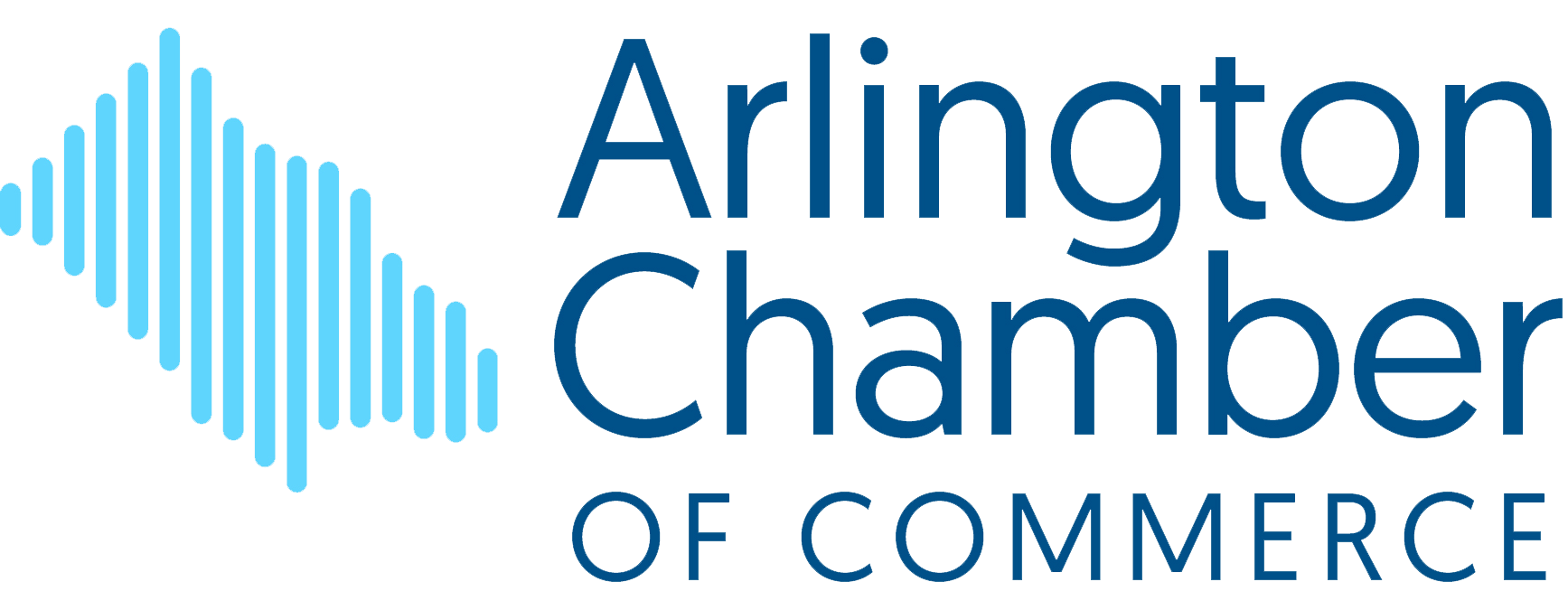Search engine optimization is an extremely important yet ever-evolving aspect to any business. In the years prior, SEO would be done using the same methods and techniques for a company like Apple as it would for a local Arlington plumber. Over time, Google and other search engines smartened up and realized that users searching for a local plumber had a much different intent than when searching for a large corporation, and adjusted their algorithms accordingly. Search engines have now made it a priority to make sure searchers are finding the most relevant information as quickly as possible. For example, Google has started detecting whether the intent of someone’s search query can be best served through local businesses that are in close proximity to your desired location -- either by simply including a desired location as part of the search query (for example: “best plumber arlington va”) or by detecting your current location via the IP address of your computer or mobile device.
To see this example first hand, search “personal injury lawyer” on Google. Odds are the results that show up are centered around the city or town closest to you. Google’s Local listings will also most likely show up, with corresponding points from Google Maps along the right side of the page.
1. Local Business Citation Auditing
One of the first and most important factors to keep in mind when optimizing for local search is not so much about moving forward with any kind of SEO strategies, but rather taking inventory at what’s already been done and making sure that you have a good foundation to build off of. The best way to do this is by looking at business citations that currently exist on sites like SuperPages, Yelp, YellowPages, etc. and making sure that the name, address, and phone (NAP for short) information is accurate across all these directories. The benefit to this is two-fold; one being the fact that all the information is, in fact, correct in case a potential customer finds your business on one of these sites and decides to contact you directly from there. The other, arguably much more important, benefit is that the higher the number of citations that exist with all the same correct information across various websites and business directories like SuperPages, the more it builds up a business’ authority in the eyes of Google’s local algorithms. A popular and easy-to-use site for conducting this audit is GetListed.org.
2. Local Business Citation Building
Picking up right where #1 leaves off, the next step for optimizing for local search is to start building any other citations that may have been found to be missing after completion of the initial audit. The more new citations that are able to be created, the higher a local business’ authority will increase. Many business citation directories also allow the option to add in your website’s URL. This carries the added benefit of counting as a new, strong backlink to your site, which improves your website’s overall strength as well.
3. Google+ Local Listings
This platform was known as Google Places in the past. Now, Google+ Local is the central location for all of Google’s local business listings. This includes all search results that show up on Google Maps as well as the local results on a normal organic search (as seen in the screenshot above). Having Google verify your physical address (either via a postcard in the mail or by an automated phone call) and integrating your Google+ Local profile into your website are really big steps in improving your business’ credibility on their platform, thus resulting in higher visibility on local searches. If a local business isn’t on Google+ Local, they probably aren’t getting too much organic traffic to their website.
4. Positive Reviews
Much like the creation of the actual business citations themselves, having positive reviews on those citations have more than one advantage. Positive reviews for any company will certainly help the image of a business. High ratings on a website like Google+ Local or Yelp build trust in a potential customer’s mind. They also help build trust in local search algorithms (which is a very common theme here). So get all your satisfied customers to leave some nice reviews!
5. On-page Contact Info
Shouldn’t your actual address and phone number be as easy to find as possible on your website for potential a customer’s sake? It turns out Google thinks so too. Having the NAP information, even if it’s in the footer of each page, has some big local SEO benefits, as websites that do have this information visibly listed have better ranking positions in local searches when Google’s crawlers are able to read this information. It also allows you to take advantage of...
6. Schema.org Rich Snippet Integration
Schema.org is a collaboration of top search engines like Google, Bing, and Yahoo who have come together with a new standard of coding websites to “highlight” the most relevant information about that site. While there are many categories of Schema.org (Events, Products, Recipes, etc.) it is certainly very applicable to local search optimization. Under its Local Business category, there are literally dozens of subcategories for almost any local business out there. Implementing the Schema.org rich snippets will help tag your website with the most important information (NAP, business hours, reviews, etc.) customers and search engines both would want to see. For example, taking advantage of this extra HTML coding to let Google know what your reviewer rating is on a particular website helps it stand out from the result of the results, like so:
Featuring well-written content throughout your website will always be one SEO technique that’s consistent no matter how big or small the SEO project may be. It is certainly no different with local SEO -- if you don’t have content, search engines will not be able to “read” what your website is about, and will therefore not display your website highly in search results. Great content about your business’s main service or product offerings combined with having your address listed on the same page work wonders together.
8. Rich Media Geo-tagging
If your business has a rich media account like YouTube or Flickr, you typically have the option of “geo-tagging” the media that is featured on those sites. Search engines are able to crawl these rich media websites, and if they see your company name associated with a particular location, it is one more big step in building your company’s authority in that area.
9. Organic Backlink Building
While not always as vital as some of the other local SEO strategies, it is always best SEO practice to keep a diversified backlink profile from a variety of referring domains to help boost the strength of your own website. For local businesses, having a few backlinks from other websites can make all the difference in dominating the competition. Organic backlink building for local businesses can sometimes be easier than it is for larger sites -- links from community websites like Patch.com are often times very attainable and relevant to that community’s audience.
While local search is constantly evolving, these strategies will continue to be mainstays of good local SEO practice. Local businesses that are able to use these techniques will have a clear edge over their competitors that have neglected local SEO.




 RSS Feed
RSS Feed
